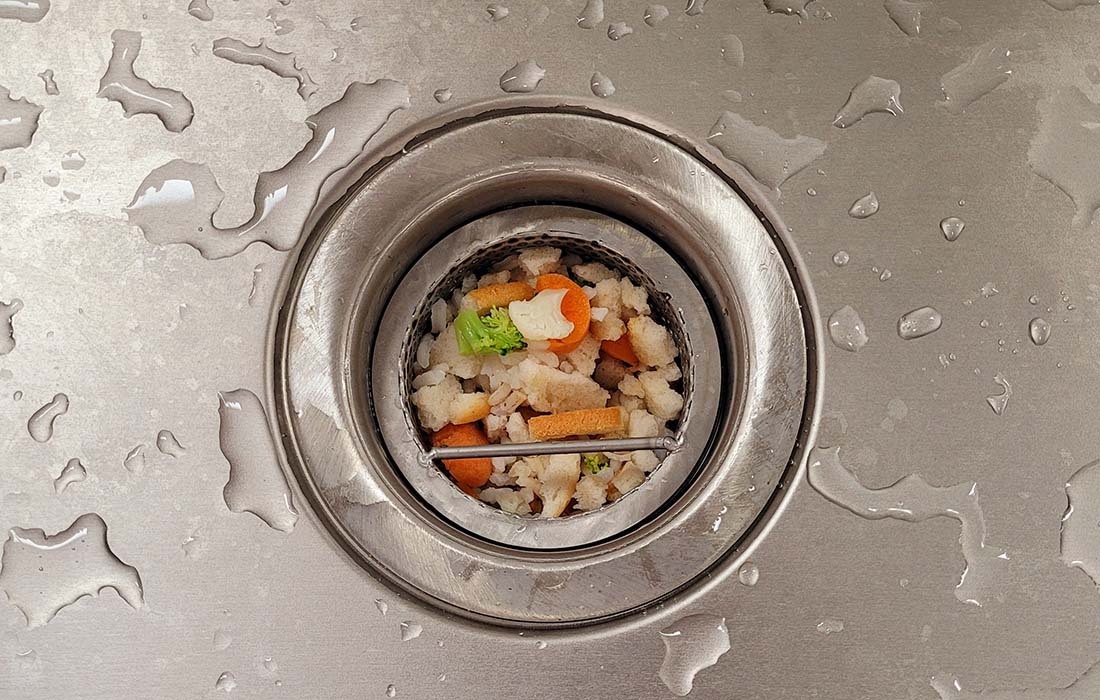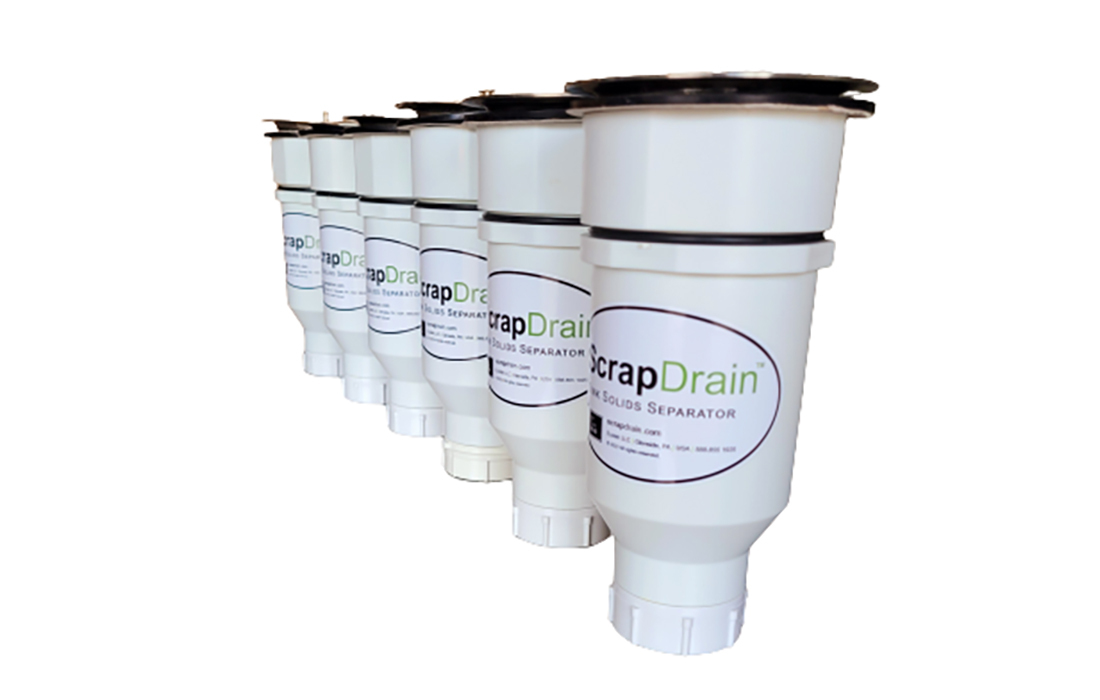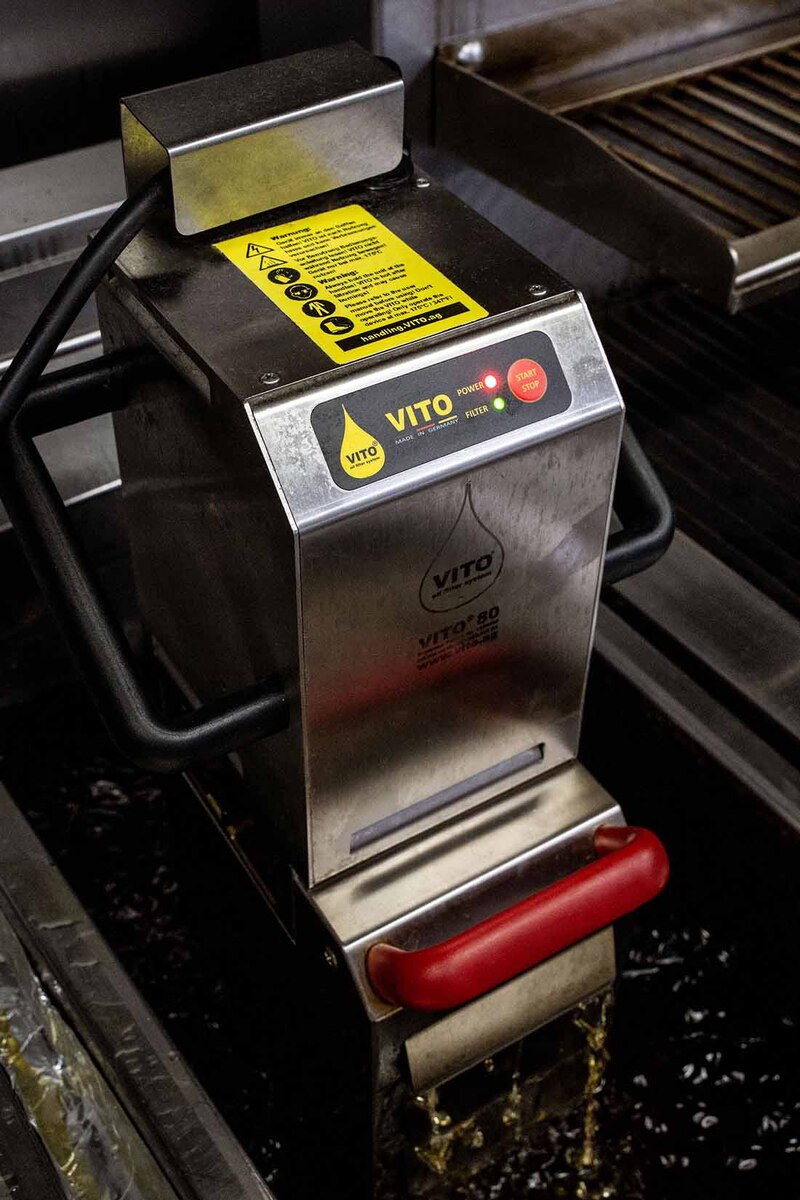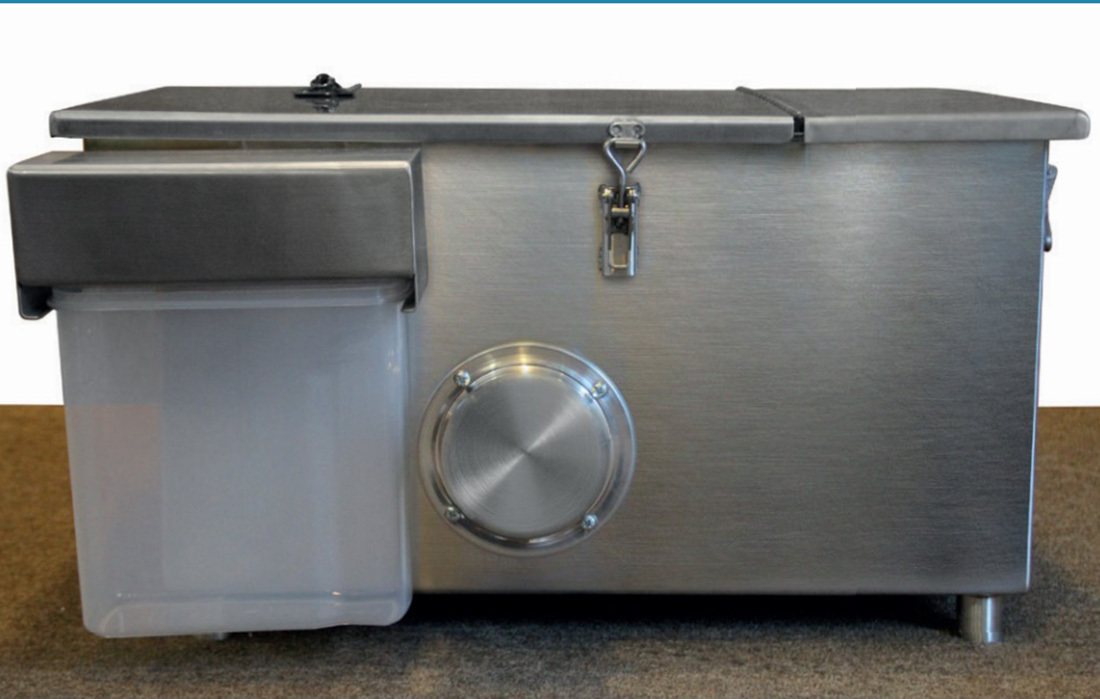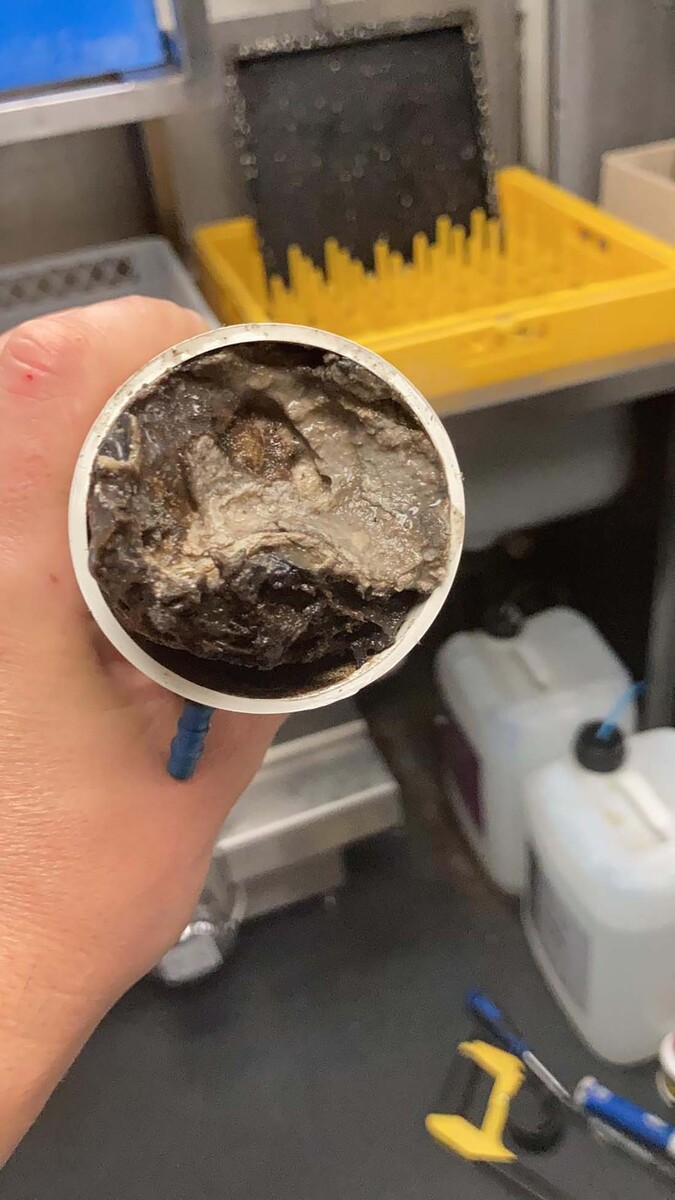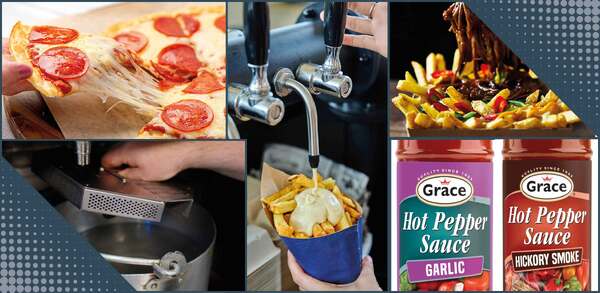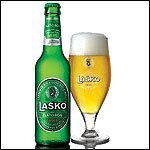Fighting the fat: how to deal with grease in kitchens
Proper management of fat, oil and grease in the kitchen will lead to a cleaner working environment and more efficient operation overall. Clare Nicholls finds out how
Disposing of fat, oil and grease (FOG) is one of the least glamorous elements of commercial kitchen operations, but it remains a vital consideration that hospitality venues need to factor into their operations.
So, what do sites need to know to be able to effectively manage FOG without falling foul of legislation or causing a dreaded fatberg in nearby sewers?
The three main FOG handling choices available are grease traps, grease recovery units (GRU) and biological dosing systems, although in practice, local water companies will specify which methods can or cannot be used.
Fat, oil and grease management options
Grease traps contain no moving parts and separate FOG from wastewater passively. FOG collects at the top of the trap and must be skimmed off daily.
According to Alex Mirkovic, key account manager at environmental biotechnology firm Biological Preparations, installing a biological dosing system at the inlet end of the trap “will reduce the ongoing maintenance burden”.
“If a foodservice establishment does not have a dishwasher or a spray rinse hose on their pot-wash sink, then most UK water companies will deem a grease trap to be compliant,” he says. However, many water companies will not accept a trap with a capacity less than 100 litres.
The second option, grease recovery units, or GRUs, separate FOG from wastewater automatically. For sites with dishwashers and/or spray rinse hoses, this is the most common way of managing FOG, meeting water company requirements and ensuring compliance. FOG recovered from a GRU can be added to the venue’s waste cooking oil.
For the third alternative, Mirkovic says: “Many of the UK’s water companies do not accept biological dosing systems as a stand-alone method of FOG management, although systems can be used in conjunction with traps and GRUs. Dosing systems are effective when installed on combi-ovens and in premises such as coffee shops where food is only warmed up as opposed to being prepared on-site.”
Getting to grips with grease regulations
The FEA (Foodservice Equipment Association) is aiming to clear the FOG around grease management by publishing a Fat, Oil and Grease Management Guide, which can be downloaded from its website.
The trade body says that operators need to consider both the intended use of the FOG management system as well as the condition of the site when choosing an appliance. They must also ensure compliance with relevant legislation, including the Water Industry Act 1991 and approved document H of the building regulations, which covers drainage and waste disposal, plus any other regional-specific regulations like those currently affecting Wales, Scotland and Northern Ireland.
Factors that need to be taken into consideration include the type of food being prepared, the desired workflow, what catering equipment is in use and staffing. FEA’s technical and policy director Andy Threlfall says: “For example, one of the key pieces of a standard workflow that can affect which FOG system is picked is whether dirty items have grease removed at source or through pre-soaking.
“Similarly, if the site has systems in place for pre-cleaning items before being loaded into the dishwasher, with the dishwasher being used for sanitation purposes only, then the dishwasher shouldn’t be connected to a grease separator. However, if this isn’t being done, the dishwashers must be connected to a grease management system.”
Furthermore, equipment chosen should take into consideration any potential future needs, such as menu changes, adoption of different procedures and new equipment being installed.
Systems in practice for fat, oil and grease
The Landmark hotel in London has put into place Mechline’s BioCeptor tank, which traps FOG to remove it from the kitchen wastewater and prevent it from entering the drain. The BioCeptor tank then works in conjunction with GreasePak fluid, which uses bacteria to break down the collected FOG.
The hotel’s executive chef Gary Klaner says: “The Mechline FOGs systems are in, working and being well maintained. Our involvement is absolutely minimal. They’re discreet and just work efficiently in the background.”
Coffee chains such as Starbucks and Tim Horton’s have opted for a bio enzyme solution called ScrapDrain, which is designed to stop both waste and coffee grounds going down the drain. The system’s drain filter acts as a first line of defence, then a replaceable bio enzyme puck sits in a basket below the waste, attacking the FOG within the drain. The system can be retrofitted or installed on all new sink bowls with two apertures.
ScrapDrain is now available in the UK exclusively from Commercial Catering Products, with the supplier’s director Simon Callus saying: “This is a viable alternative to all other well-known options, but at a far more cost-effective price, along with energy and water saving benefits.”
How to reduce fat, oil and grease waste
Where possible, it may be easier and cheaper for operators to reduce FOG waste in the first place rather than dealing with it afterwards. For instance, Vito portable oil filtration equipment helps to lengthen frying oil life as well as preserve the optimal taste, colour and texture of fried foods, removing food particles and harmful carbon from the oil, without the need for any additional chemicals.
Valentine’s managing director Steve Elliott says: “Using technology that is not only capable of driving quality and consistency but also significantly extends the life of cooking oil will not only achieve efficiencies but can also help to reduce costs and deliver results in a commercial kitchen.”
Canadian-listed company Beyond Oil employs different technology to create the same effect. Its filter powder is designed to reduce soluble impurities formed during the frying process, resulting in low levels of harmful components such as free fatty acids (FFA), acrylamide and other total polar materials (TPM), as well as undesirable odours, off-flavours and off-colours. The powder can be integrated into existing daily oil filtration processes or is compatible with passive filtration systems.
Justin Samuels, managing director of Beyond Oil’s UK distributor Vital Hospitality, says: “Each litre of frying oil saved eliminates the equivalent of 4kg of CO2 from the atmosphere, and Beyond Oil customers have seen a significant reduction in oil storage and replacement. Instead of replacing the frying oil every two to three days, they are using the treated oil for two to three weeks.”
Whether preventing FOGs from going down sinks, reducing waste levels or arranging for used cooking oil collection, operators need to keep on top of grease management to be a good environmental citizen – or else face the risk of reputational damage or the wrath of water companies.
Suppliers
Beyond Oil www.beyondoil.co
Biological Preparations biologicalpreparations.com/greasebeta
Commercial Catering Products www.commercialcateringproducts.co.uk
FEA www.fea.org.uk
Mechline www.mechline.com
Valentine www.valentinefryers.com



